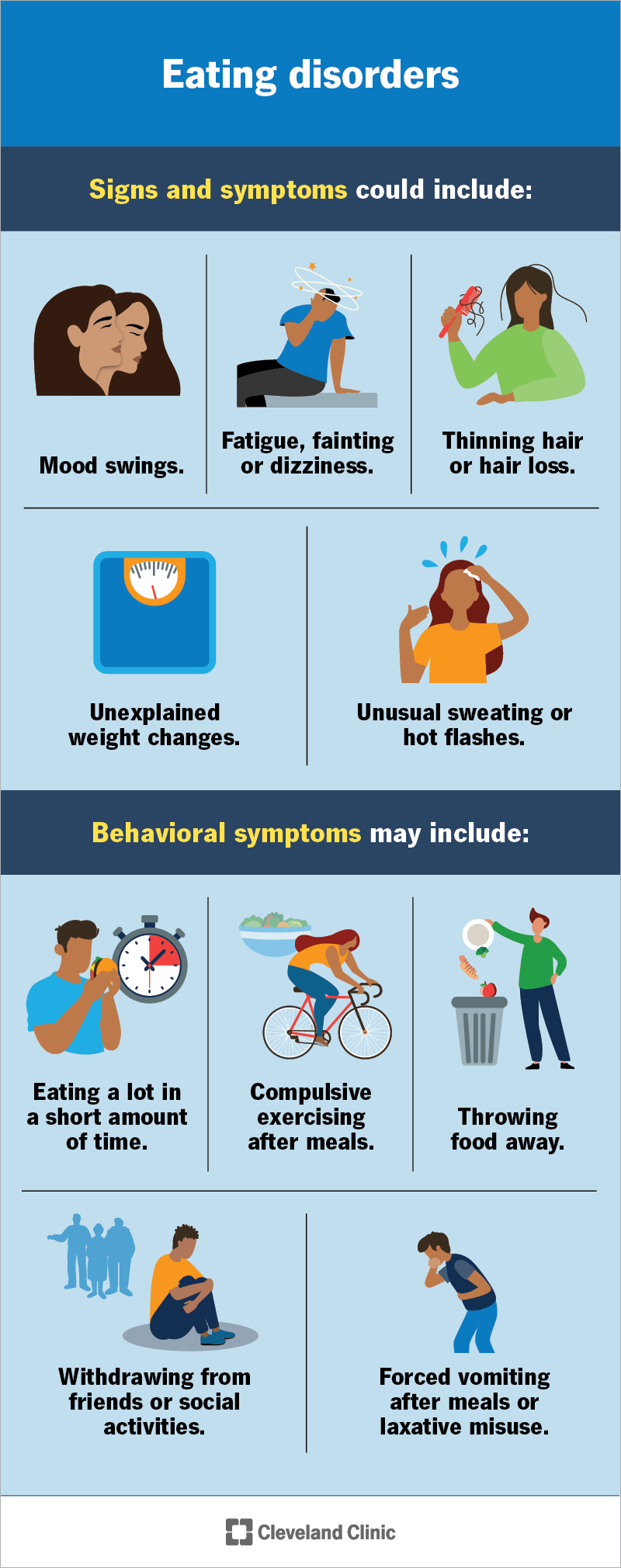Why can’t you bring yourself to exercise? You know it’s good for your health, your energy, and even your mood.
Yet, every time you think about working out, something holds you back. You’re not alone. Many people face this struggle, and it’s not just about laziness or lack of willpower. There are hidden reasons behind your hesitation that might surprise you.
Keep reading to discover what’s really stopping you and how you can finally overcome it—so you can feel motivated and confident to move your body without the usual battle.

Credit: www.threads.com
Reasons For Avoiding Exercise
Many people struggle to start exercising. Understanding why helps to find the right solution. Avoiding exercise often comes from different reasons. These reasons can be mental, physical, or practical. Knowing them makes it easier to face the challenge.
Let’s explore the common reasons why exercise feels hard to start or keep doing.
Mental Barriers
Fear of failure stops many from trying. Thoughts like “I’m not good enough” block action. Anxiety about being judged also plays a big role. Negative self-talk lowers confidence and energy. These mental blocks create a strong wall against exercise.
Physical Limitations
Body pain or illness can limit movement. Some feel tired or weak after work. Injuries make exercise feel unsafe or painful. Physical limits reduce the desire to move. This creates a cycle of inactivity and discomfort.
Lack Of Motivation
Without clear reasons, motivation fades fast. Boredom with exercise routines lowers interest. Not seeing quick results can cause frustration. Motivation needs a goal or reward to last. Without these, it is easy to stop trying.
Time Constraints
Busy schedules make exercise seem impossible. Work, family, and chores fill all hours. People think exercise needs a lot of time. Even short sessions feel hard to fit in. Time pressure turns exercise into a low priority.
Effects Of Inactivity
Not exercising often leads to many changes in your body and mind. These changes affect your overall well-being. Understanding these effects can help you see why inactivity feels so hard to overcome.
Staying still for long periods impacts your health in clear ways. The body and mind both pay a price.
Physical Health Consequences
Muscles get weak and lose tone without regular use. Joints become stiff and painful. The risk of heart disease and diabetes rises. Inactivity slows down metabolism, making weight gain easier. Bones lose strength, which can lead to fractures. The body’s ability to heal and stay strong declines.
Mental Health Impact
The brain suffers without physical activity. Feelings of sadness and anxiety often increase. Stress levels grow higher. Lack of exercise lowers mood-boosting chemicals like serotonin. Sleep quality worsens, making tiredness worse. This cycle makes it harder to start moving again.
Reduced Energy Levels
Not moving drains your energy over time. The heart and lungs become less efficient. Everyday tasks feel harder and more tiring. Fatigue sets in quickly, even with little effort. Energy dips make motivation to exercise drop further. This creates a loop that is tough to break.
Simple Ways To Start Moving
Starting to exercise can feel hard. Many people want to move more but don’t know where to begin. Small steps make a big difference. Simple changes can help you feel better and enjoy being active.
Setting Realistic Goals
Begin with small, easy goals. Walk for five minutes each day. Then add more time slowly. Realistic goals stop you from feeling tired or frustrated. Celebrate each small success. This keeps you motivated to continue.
Choosing Enjoyable Activities
Pick activities you like. Dancing, walking, or playing a sport can be fun. Enjoyment makes exercise feel less like work. Try different activities to find what fits you best. Moving should feel good, not forced.
Incorporating Exercise Into Daily Life
Move more during daily tasks. Take stairs instead of elevators. Walk while talking on the phone. Do stretches during TV breaks. These small actions add up to more movement. Exercise becomes part of your routine without extra time.
Building Lasting Motivation
Building lasting motivation helps you keep exercise as a habit. It stops the cycle of starting and quitting. Motivation grows with simple, clear steps. These steps make exercise feel less like a chore.
Small changes in mindset and routine keep you moving forward. Motivation does not have to be huge or constant. It can be steady and quiet, but strong enough to last.
Tracking Progress
Track your workouts to see real progress. Use a notebook, app, or calendar. Write down what you do each day. Seeing progress makes exercise feel rewarding. It helps you stay motivated over time. Even small improvements matter and push you forward.
Finding Social Support
Find friends or groups who like to exercise too. They can cheer you on and keep you honest. Exercising with others makes it fun and less lonely. Talking about your goals helps keep you focused. Support makes motivation stronger and easier to keep.
Rewarding Small Wins
Celebrate small steps you take toward exercise goals. Rewards can be simple, like a favorite snack or rest day. These rewards create positive feelings about exercise. They build good habits without pressure. Rewarding yourself keeps motivation alive and fresh.
Overcoming Common Obstacles
Many people struggle with starting or keeping up exercise. Common obstacles make it hard to stay active. Understanding these barriers helps you find simple solutions. Small changes can make a big difference in your routine.
Dealing With Fatigue
Feeling tired stops many from exercising. Fatigue often comes from stress, poor sleep, or bad diet. Try short, gentle workouts to build energy. Even a 10-minute walk can help. Rest and good food improve your strength too.
Managing Time Effectively
Busy schedules leave little time for exercise. Plan short sessions around daily tasks. Use breaks or early mornings to move. Set realistic goals, like 15 minutes a day. Consistency beats long but rare workouts.
Handling Setbacks
Missing a day or two is normal. Avoid guilt or giving up completely. Learn from mistakes and try again soon. Adjust your plan to fit your life better. Progress grows with patience and small steps.

Credit: my.clevelandclinic.org

Credit: www.reddit.com
Frequently Asked Questions
Why Do I Struggle To Start Exercising Regularly?
Struggling to start exercise often stems from lack of motivation or unclear goals. Setting small, achievable targets helps build consistency. Also, finding an activity you enjoy makes exercise feel less like a chore and more like fun. Overcoming mental barriers is key to regular workouts.
How Can I Overcome Exercise Procrastination Effectively?
Overcome procrastination by scheduling workouts like important appointments. Break exercise into short, manageable sessions. Use reminders and accountability partners to stay committed. Focus on the benefits, such as improved mood and energy, to motivate yourself. Consistency beats intensity when starting out.
What Mental Blocks Stop People From Exercising?
Common mental blocks include fear of failure, low self-confidence, and past negative experiences. Stress and anxiety can also reduce motivation. Identifying these blocks and addressing them through positive self-talk or professional help improves exercise adherence. Mindfulness and goal-setting are powerful tools.
How Important Is Setting Goals For Exercising Motivation?
Setting clear, realistic goals boosts motivation by providing direction and purpose. Goals create a sense of achievement, encouraging continued effort. They help track progress and celebrate milestones. Without goals, exercise can feel aimless and unrewarding, leading to loss of interest.
Conclusion
Finding motivation to exercise can be tough for many people. Small steps help build a good habit over time. Try to move a little each day, even if it feels hard. Remember, feeling stuck is normal and does not last forever.
Focus on how exercise makes you feel, not just the results. Keep trying, and your body and mind will thank you. Stay patient and kind to yourself during this process. Every effort counts, no matter how small it seems.
